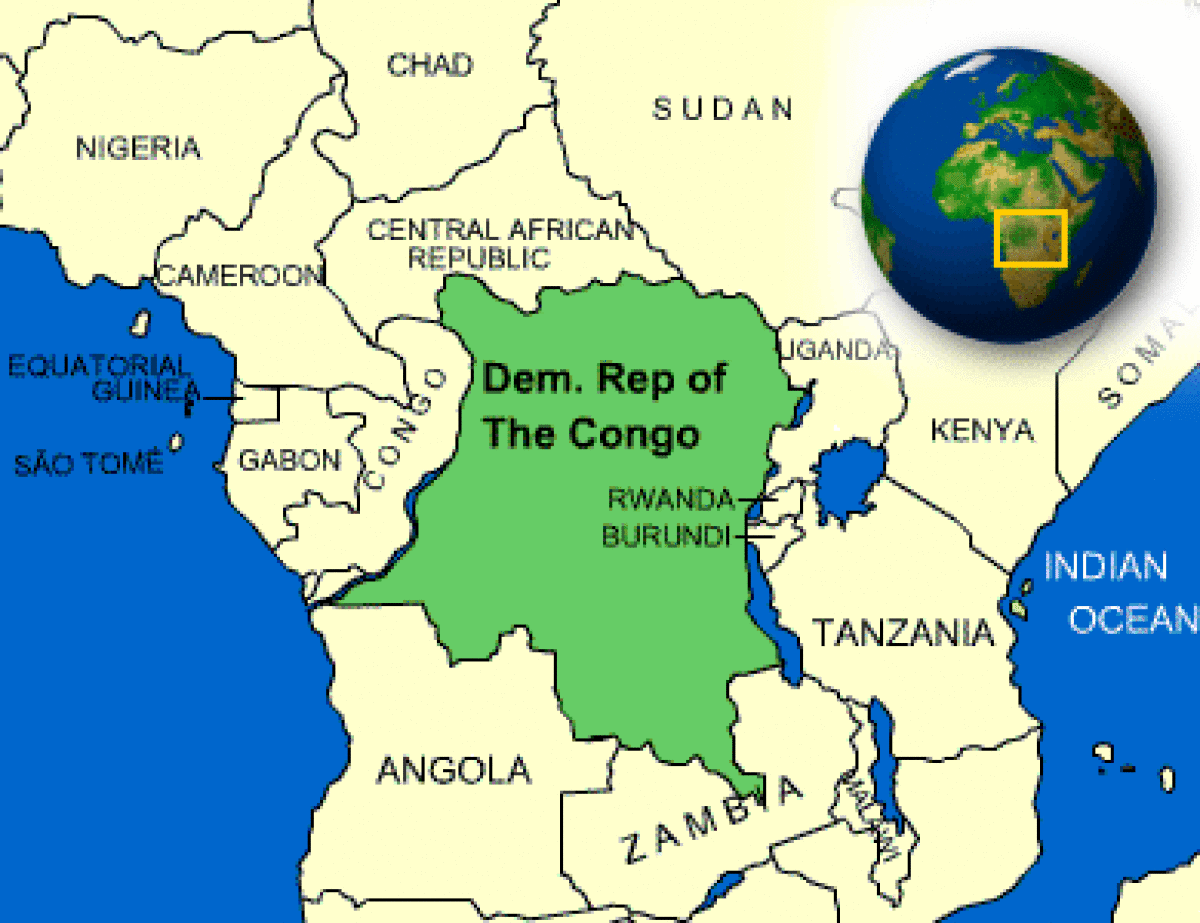I posit that the ignorance of Americans and Western civilizations perpetuates cyclical human rights abuses by providing neither concern nor solutions.

On September 8, 2016, America demonstrated the full extent of its foreign policy ignorance when one of its presidential candidates seriously asked the question, “What is Aleppo?” For those who still do not know the answer to this question: Aleppo is one of the largest cities in Syria and is currently in horrific distress due to the mass violence between the Syrian government, led by Assad, and the rebels. The ongoing human rights abuses occurring in Aleppo are heavily impacting innocent women and children.
America’s ignorance about struggles abroad extends far beyond Aleppo. If a presidential candidate, a representative of our country, did not know what was happening in Aleppo, imagine the number of American citizens who are completely oblivious to human rights violations on a global scale. I posit that the ignorance of Americans and Western civilizations perpetuates cyclical human rights abuses by providing neither concern nor solutions. I argue that this disregard directly affects the individuals of smaller and lesser known countries struggling with these hardships.
On September 22, University of Michigan students had the opportunity to hear two guest lecturers, Dr. Denis Mukwege and Michael Ramsdell, explain the difficulty of capturing the attention of the West and finding resources to eliminate recurring human rights abuses. They shared first-hand accounts of the sexual violence and poverty plaguing the Democratic Republic of Congo, which persist due to lack of initiative from Western cultures. The article Shaping the Northern Media’s Human Rights Coverage illustrates various factors affecting media coverage of human rights abuses. It states that if a country has no direct political, economic, or social interest, there exists less media coverage resulting in less access to knowledge, thereby reducing any chance that the American government intervenes to stop these abuses.
The movie When Elephants Fight, directed by Michael Ramsdell, attempts to expose the effects the irresponsibility of the media has on countries like the Congo. Congolese mining operations create unsafe living conditions, yet are still required to produce Western electronic devices despite the consequences. Without a boycott of these devices, the state of disaster in the Congo will go on. Unfortunately, the actions of Western society negatively impacts smaller countries.
Historically, some of the worst cruelty and suffering inflicted by Western civilizations involved the transatlantic slave trade. Olaudah Equiano provides a first hand account of the hardships he endured while he was transported as a slave.2 His honest account inspired citizens to abolish slavery. Stories like Equiano’s have incited humanitarian action. Now, Dr. Mukwege and Director Michael Ramsdell are attempting to publicize what is happening in the Congo and once again inspire empathy in Western nations, motivating them to help end needless suffering.
Dr. Mukwege and Mr. Ramsdell continue to educate American citizens about the hardships occurring in the Congo, but without motivated citizens taking interest and initiative, there is no end in sight. They founded a human rights movement to initiate the change they want to see. In order for the slavery abolition tactic to work in the Congo and other countries where humanitarian abuses are taking places, increased consciousness through publicity about these abuses is essential.